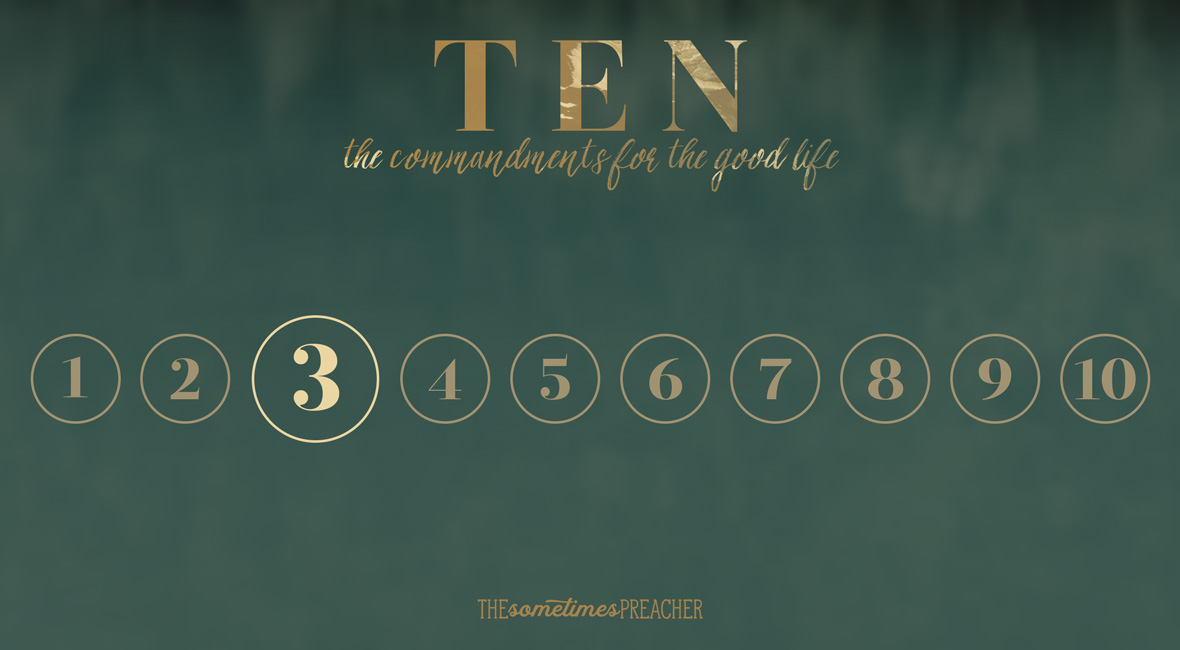“You shall not misuse the name of the Lord your God, for the Lord will not hold anyone guiltless who misuses his name.”
In one of the most profound moments in history, God revealed his name to Moses at the burning bush. “When people ask for your name, what shall I tell them,” a frightened Moses asked the voice in the fiery tree. The shockwaves of God’s response can still be felt today. “I am,” God replied. His name is I am. (The English transliteration of the Hebrew text is YHWH, or Yahweh with the vowels added.) The depths of God’s name cannot be plumbed by volumes of writings, so we must content ourselves to say that his name is a reflection of his character.
The New Testament expands our understanding of God by introducing us to God’s Son, whose name is Jesus. His name means “God saves,” and he saves everyone who calls out his name in faith. The first followers of Jesus have left us a testimony that his name is powerful and unique, and so we should treat the name of Jesus with the same respect that we should treat the name of YHWH. For Christians, then, this commandment applies to both the names YHWH and Jesus. We should not misuse either name.


